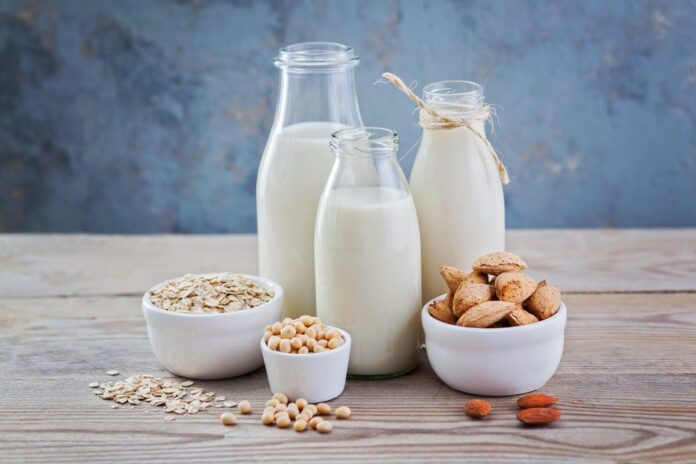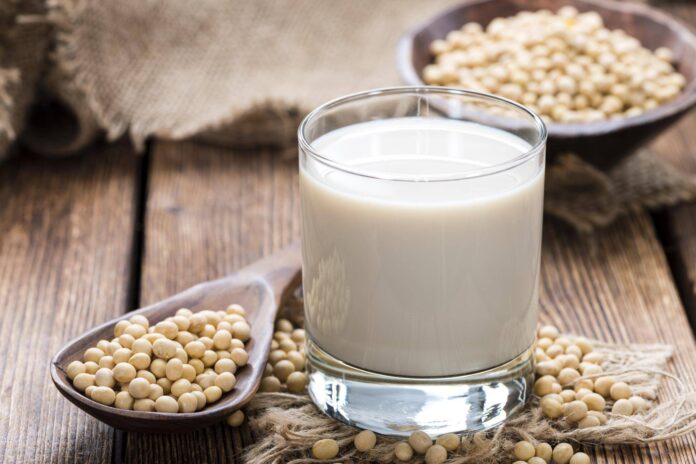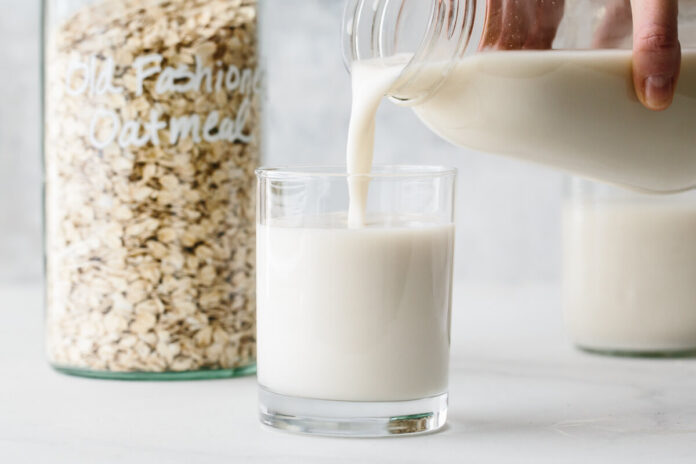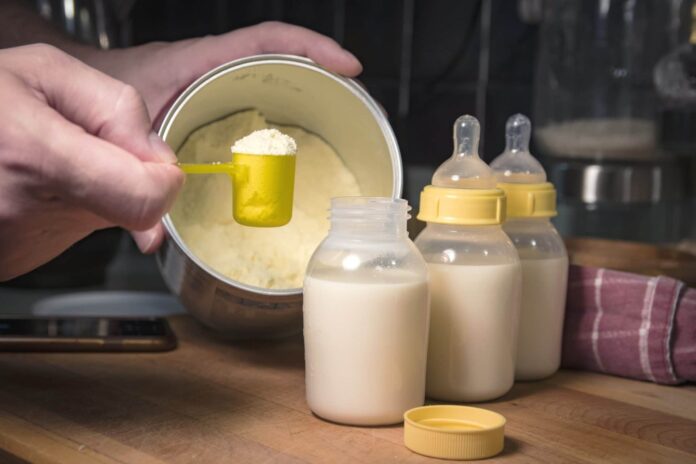Vegan and vegetarian diets are becoming more popular worldwide. Many people choose this way of eating due to health, ethical, and environmental aspects.
According to the positions of the largest dietary organizations in the world, including the American Academy of Dietetics and Nutrition, the Association of Dietitians of Canada, and the British Dietetic Association, a balanced vegan diet is healthy and protects against such diet-related diseases as diseases of the cardiovascular system, obesity, type 2 diabetes, and some types of stroke.
The American Academy of Dietetics and Nutrition states that a plant-based diet is safe at every stage of life, including infancy and childhood.
Health Checks for Vegan Children
After the sixth month of your baby’s life, it is worth checking the levels of ferritin (iron stores in the body) and vitamin B12. Check with your baby’s pediatrician before making an appointment for these tests.
The ferritin concentration will tell you whether the diet alone is enough or whether you should supplement your baby’s diet with iron.
After checking the vitamin B12 level, the doctor will select the appropriate supplementation dosage. During the first six months, the infant receives an adequate dose of this vitamin from the mother’s milk (if supplemented).
Later, when the child has slightly less breast milk in the diet and gradually receives an increased amount of solid meals, the content of vitamin B12 from breast milk may no longer be sufficient.
It is worth individually selecting the appropriate doses of supplemented ingredients for your baby with a specialist.
What Is Plant-Based Milk?

Plant-based milk is a beverage made of plants, specifically:
- cereals (millet milk, oat milk, rice milk);
- seeds (sunflower milk, sesame milk, hemp milk);
- nuts (coconut milk, almond milk, cashew milk).
However, the term “milk” is not entirely accurate. Of course, plant-based milk is white and watery, but it has much less calcium than cow’s milk and does not contain lactose.
Many people consume plant milk on a vegan diet, and it is also a good choice for people allergic to lactose or intolerant to cow’s milk protein.
But just like cow’s milk, no plant-based milk can replace breast milk or formula milk in the first year of a baby’s life.
So the answer to the questions, “Which almond milk should I buy for a baby?” or “Which oat milk should I choose for a baby?” is: none. Parents who buy plant milk for an infant should be aware that it is not only low in nutrients but also allergic.
Which Products Not to Include In an Infant’s Diet?
When expanding the diet, remember that breast milk (or baby formula) is still the most important food for the baby and cannot be replaced with plant-based beverages (or cow’s milk) until the first 12 months.
Such beverages (and cow’s milk) can be an addition to meals, for example, as an ingredient in pancakes, but they should not be included in an infant’s diet before the age of one in large quantities.
The point is that plant-based milk enriched with calcium may block the absorption of iron from the diet, which is the most crucial ingredient in the first year of life.
When your baby turns one, you can introduce more sources of calcium into their diet. When choosing plant-based beverages for a child over a year, you should prefer those that are a source of calcium and are not sweetened.
Plant Milk for Older Children

Older children can be given plant-based milk. Here are some details about the most popular kinds of these beverages. Besides, you can get more information on the topic here.
Rice Milk
Rice milk can be given to a child when they turn five. This is due to the possible contamination of rice with arsenic, which the sensitive digestive system of a baby may not be able to cope with.
Rice milk contains very little protein and little fat, but is a good source of manganese, selenium, and B vitamins. Some products of this type are enriched with other vitamins so that their composition resembles regular cow’s milk as much as possible.
Almond Milk
Produced from blanched almonds and water, almond milk is one of the most frequently purchased plant-based drinks.
It has a delicious taste and quite good composition: it provides the body with vitamins D, E, B2, and B12.
If the product is enriched with calcium, it may contain as much of it as cow’s milk. However, please remember that this type of milk contains little protein. As already mentioned, almond milk should not be given to infants.
Oat Milk

Oat milk, like other plant-based beverages, cannot be given to infants. However, it can be given to older children to diversify their diet.
The most valuable ingredient of oat milk is soluble fiber, beta-glucans. Beta-glucans have a great effect on lipid metabolism.
Moreover, if oat milk has been fortified, it contains valuable calcium, vitamins A, D, B12, and iron.
However, it is worth remembering that oat milk contains a lot of carbohydrates so your child should not consume it in large quantities every day.
Soy Milk
Soy milk has a very beneficial composition: it provides the body with folic acid, potassium, magnesium, zinc, selenium, vitamin B12, and isoflavones. There is also research that shows that eating soy as a child may lower the risk of developing breast cancer later in life.
Final Word

Many studies indicate the beneficial properties of a vegan diet concerning the risk of diet-related diseases.
An additional advantage is its beneficial impact on the environment because the production of food of plant origin requires less land and amounts of water and is associated with lower production of greenhouse gasses compared to food of animal origin.
The diet of the future will contain less meat, so it is worth introducing more plant sources of nutrients into your children’s diet and your own.
In this way, you not only take care of your little one’s health but also help reduce climate change.








